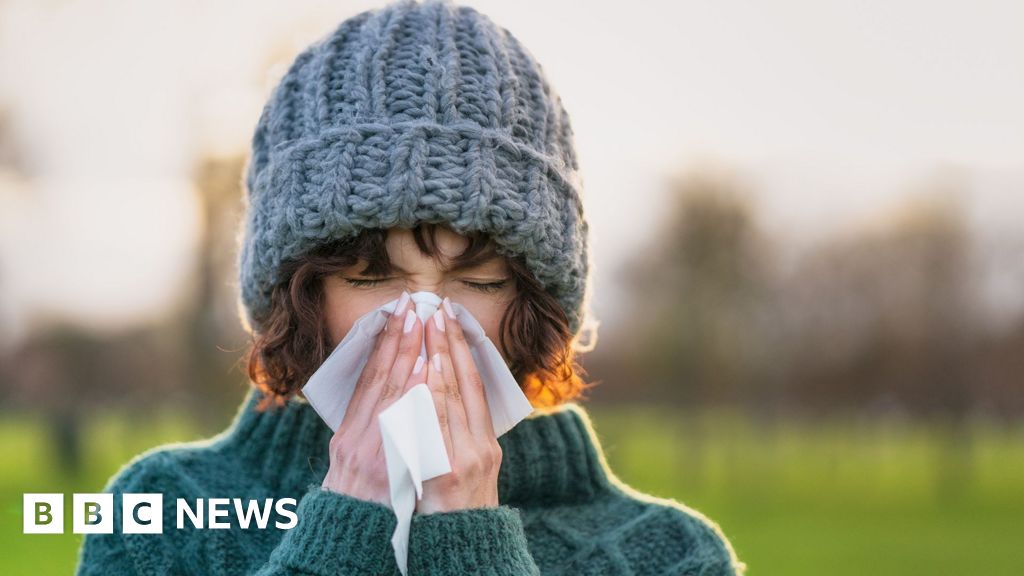Introduction to Coughs and Colds
You probably know someone who is coughing and spluttering right now. There are many coughs and colds that emerge when autumn arrives. But why do you know whether it is more than just a cold and how can you avoid the worst?
Does Colder Weather Cause Colds?
Research on the extent to which cold weather affects our immune system remains unclear. However, darker days mean that we usually huddle up in warm, cozy interiors. This environment is perfect for viruses. It is also when small children return to school after the summer holidays, and schools and nurseries can be like petri dishes with many viruses, possibly bringing these germs home.
Is it a Cold, Flu, or Covid?
Colds
- Symptoms occur gradually
- Mostly affect the nose and back of the neck
- Early sign – pressure in your ears
- Chestier, mucous cough
Flu
- Suddenly appears
- Feel wiped out
- Fever, muscle pain, exhaustion
- Need bed rest
- Dry cough
Covid
- Typical flu-like symptoms
- Loss of taste or smell
- Diarrhea or abdominal pain
Many symptoms between cold, flu, and more serious viruses like Covid overlap. However, there are some indications that could help you identify the exact culprit. When a cold arrives, it often does so gradually, affecting your nose and the back of your neck, while some get a tickle in the throat. Another early warning sign can be ear pressure.
Can I Help to Feel Better?
Our body naturally fights viruses and infections, but we can also help it with the right medication.
- Paracetamol: Provided you are okay to take it, this or ibuprofen is the first port of call. Both are really good at reducing fever and alleviating any pain you may have. But remember, many cough and cold mixtures contain traces of paracetamol, so make sure you don’t accidentally take too much.
- Vitamin C: This is often assumed to defend against colds. But there is no large amount of evidence. If you are not deficient, it is far more important to focus on a healthy, balanced diet.
- Vitamin D: The NHS recommends charging up on vitamin D in colder months, as we usually don’t get much sunlight in Britain at this time.
- Decongestant Spray: Sure, you feel great and ensure immediate relief, but the use of sprays can too often cause the rebound effect – if your nose becomes dependent and swells without a solution. I suggest using them for no more than four out of five days.
- Chicken Soup: There is hardly any evidence that the soup fights directly against viruses, but its heat can help warm the back of your neck and calm some of these symptoms. It is also a good way to take in extra liquids, whereby fluid intake in fighting infection is of crucial importance.
What About Vaccines?
It is crucial to take the free annual flu vaccine if you have been offered it. The eligibility is staggered by population to prioritize the most at-risk groups. If you have small children who were two or three years old on August 31 of this year, you are eligible. Older children are offered the vaccine at school. Find out more and book on the NHS website or visit your GP.

